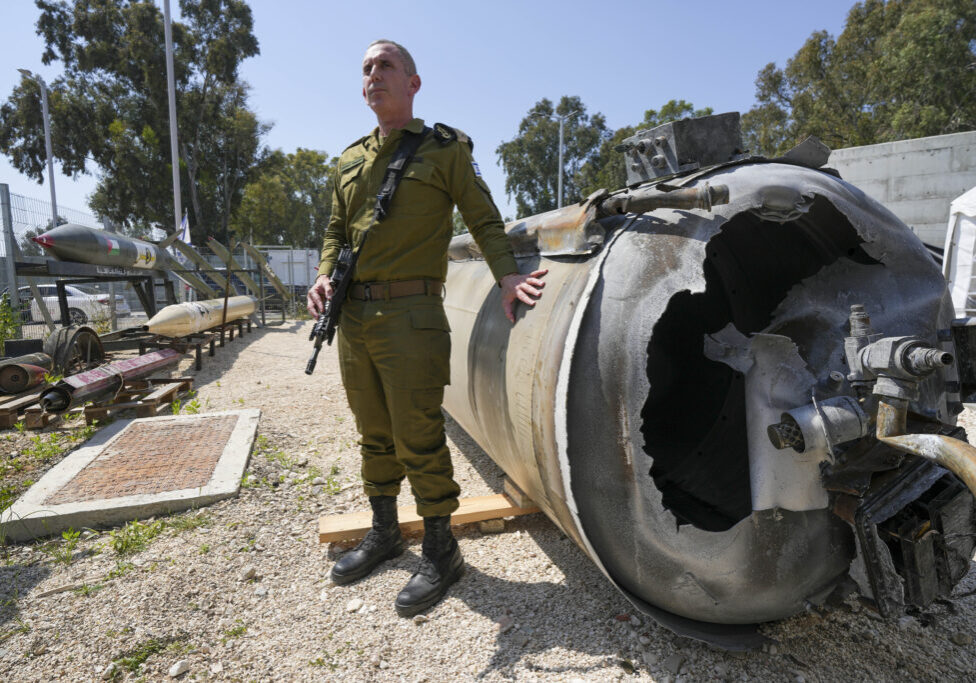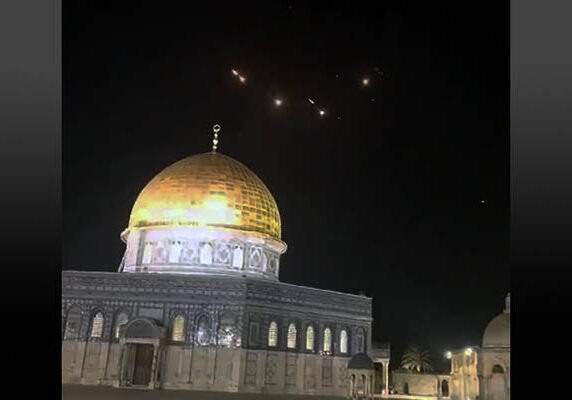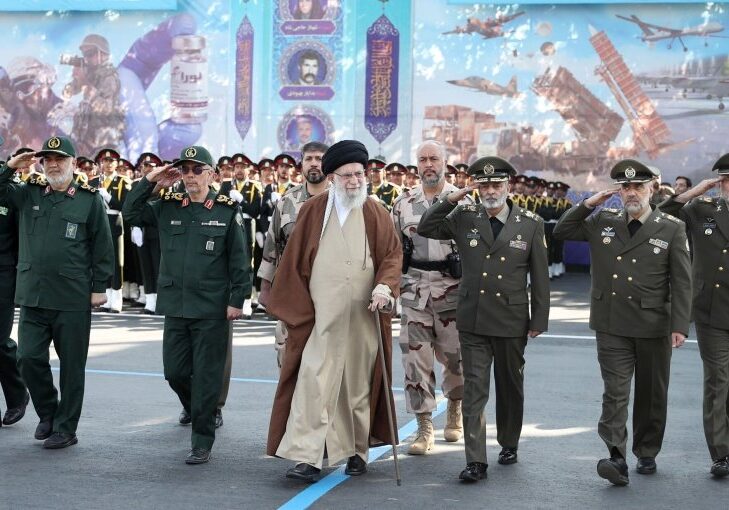Australia/Israel Review
Scribblings: Goodbye Gaza
Jul 30, 2012 | Tzvi Fleischer

Tzvi Fleischer
There is little doubt that the victory of the Muslim Brotherhood in Egypt’s presidential and parliamentary elections has been a major setback for Israel’s foreign and security policy. It is too early to tell how bad this setback is – much will depend on how much control over Egypt’s foreign and defence affairs the Muslim Brotherhood succeeds in wresting from the military, and how much the Brotherhood chooses to focus on consolidating its internal power versus courting popularity and distracting the public from domestic problems by sparking crises with Israel. But at the very least it is possible to say that the situation will not be an improvement.
Except perhaps in one respect, and it concerns Gaza.
A major worry for Israel is the relationship of Muslim Brotherhood-ruled Egypt with Gaza, ruled by Hamas, itself a Palestinian offshoot of the Brotherhood. Will the Brotherhood offer Hamas vastly increased arms supplies or extend what amounts to a military shield over Gaza, effectively threatening war if Israel retaliates militarily against the constant rockets and other terrorism emanating from the coastal strip? Such a stance could potentially severely affect Israel’s ability to deter violent attacks from Gaza, and also risks an unintended spiral into war.
But despite these risks, there is an upside – a tighter relationship between Egypt and Gaza could be in Israel’s strategic interests in the long run. It is no secret that when Israeli PM Ariel Sharon removed all settlers and soldiers from Gaza in 2005, part of his calculation was a hope that Egypt would take greater responsibility for Gaza. After all, Egypt ruled the strip until 1967, and Israel would have happily returned it to Egypt under the 1979 peace treaty, but then-Egyptian President Sadat refused to take it.
The Mubarak regime was determined not to let Sharon push Gaza onto them, and this became even more true after Hamas, allies of its main internal enemies, took over there in 2007. The result was that Israel was blamed for the humanitarian situation in Gaza, was expected to be the conduit for aid and trade, to supply electricity and water and was even bizarrely accused of continuing to “occupy” the area despite having no control on the ground whatsoever. Furthermore, the only restraint on Hamas’ efforts to attack Israel via rockets and cross-border terrorism was the deterrence Israel could invoke through retaliation.
Egypt’s attitude is now changing. Egypt has lifted most of the restrictions on Gazans travelling to Egypt across their mutual border, and new President Mohammed Morsi is hinting that more will follow. There are reports that Hamas is pressing Cairo to lift all restrictions on cross-border trade flows, in which case, Hamas plans to declare Gaza a “liberated part of Palestine” and cut all commercial ties with Israel. Moreover, Hamas say Egypt has agreed to connect Gaza to Egypt’s electricity grid and natural gas infrastructure.
Israel would dearly love to stop being held responsible for the welfare of Gazans – and if the Egyptian border were open, the argument that Gaza is still solely Israel’s problem, despite zero presence there, would lose all credibility. The border between Israel and Gaza could become recognised as a real border, with Israel not obliged to provide anything across it if it did not wish to, and with attacks across it acknowledged as international aggression.
Further, if Egypt was to become essentially responsible for Gaza, they might feel it necessary to restrain the terrorism being perpetrated from there to avoid the risk of war – something they cannot contemplate at the moment.
If all this happens (and it is a big “if”), then Sharon’s hope to rid Israel of the strategic problem of Gaza could genuinely come to fruition, a benefit which would somewhat offset the loss of the securely pacific relationship with Egypt that had been a cornerstone of Israeli defence policy.
The obvious question would then be, what about the peace process with the Palestinians? Wouldn’t a Gaza tied to a Brotherhood-dominated Egypt make a two-state resolution – which all of Israel’s major political parties believe is in the country’s long-term interests – impossible?
Not necessarily. It is already the case that the division between Gaza, ruled by the rejectionist Hamas, and the West Bank, ruled by the nationalist Fatah, with no love lost between the two groups, is an insuperable obstacle to a peace deal at present. If Gaza were to separate from Palestine, and become increasingly tied to Egypt – as it was before 1967 – it might well become easier for the Palestinian Authority to accept a deal giving them a state in the West Bank alone. Of course, such a new Palestinian state would claim sovereignty over Gaza, and Israel could recognise this claim. But it would not be up to Israel whether or not that claimed sovereignty actually became a reality.
Moreover, Hamas would certainly object loudly, but if they had become increasingly dependent on Egypt, they would likely be in less of a position to engage in sabotage, or make a convincing claim that the PA was betraying the Palestinian cause.
In other words, even on the peace front, more separation between both Gaza and Israel and Gaza and the West Bank could be as likely to break the current log-jam as to further gum up the works.
Tags: Egypt






